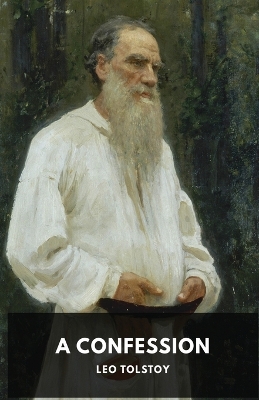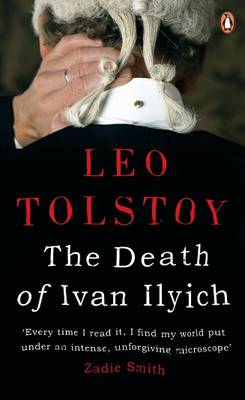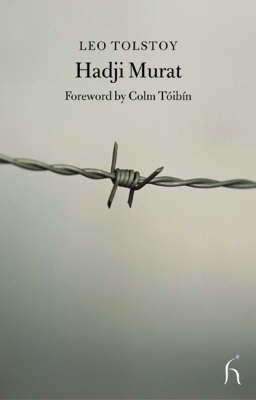Hesperus Classics
3 total works
In 1879 the fifty-one-year-old author of War and Peace and Anna Karenina came to believe that he had accomplished nothing and that his life was meaningless.
Marking a shift in his career from the aesthetic to the religious, Tolstoy's Confession relates this spiritual crisis, posing the question: Is there any meaning in my life that will not be destroyed by my death? It is a timeless account of an individual's struggle for faith and meaning.
Marking a shift in his career from the aesthetic to the religious, Tolstoy's Confession relates this spiritual crisis, posing the question: Is there any meaning in my life that will not be destroyed by my death? It is a timeless account of an individual's struggle for faith and meaning.
Ivan Ilyich is wasting away. He lies alone, dosed up on opium and deceived by doctors, haunted by memories and regrets. His friends come to see him, their faces masks of concern. His faithful servant tends to his every need. But as he forces down false remedies and listens to empty promises, Ivan grows aware of one terrible truth. His wife and his children are not awaiting his recovery. They are waiting for him to die.
Tolstoy’s final work—a gripping novella about the struggle between the Muslim Chechens and their inept occupiers—is a powerful moral fable for our time.
Inspired by a historical figure Tolstoy heard about while serving in the Caucasus, this story brings to life the famed warrior Hadji Murat, a Chechen rebel who has fought fiercely and courageously against the Russian empire. After a feud with his commander he defects to the Russians, only to find that he is now trusted by neither side. He is first welcomed but then imprisoned by the Russians under suspicion of being a spy, and when he hears news of his wife and son held captive by the Chechens, Murat risks all to try to save his family. In the award-winning Pevear and Volokhonsky translation, Hadji Murat is a thrilling and provocative portrait of a tragic figure that has lost none of its relevance.
Inspired by a historical figure Tolstoy heard about while serving in the Caucasus, this story brings to life the famed warrior Hadji Murat, a Chechen rebel who has fought fiercely and courageously against the Russian empire. After a feud with his commander he defects to the Russians, only to find that he is now trusted by neither side. He is first welcomed but then imprisoned by the Russians under suspicion of being a spy, and when he hears news of his wife and son held captive by the Chechens, Murat risks all to try to save his family. In the award-winning Pevear and Volokhonsky translation, Hadji Murat is a thrilling and provocative portrait of a tragic figure that has lost none of its relevance.


